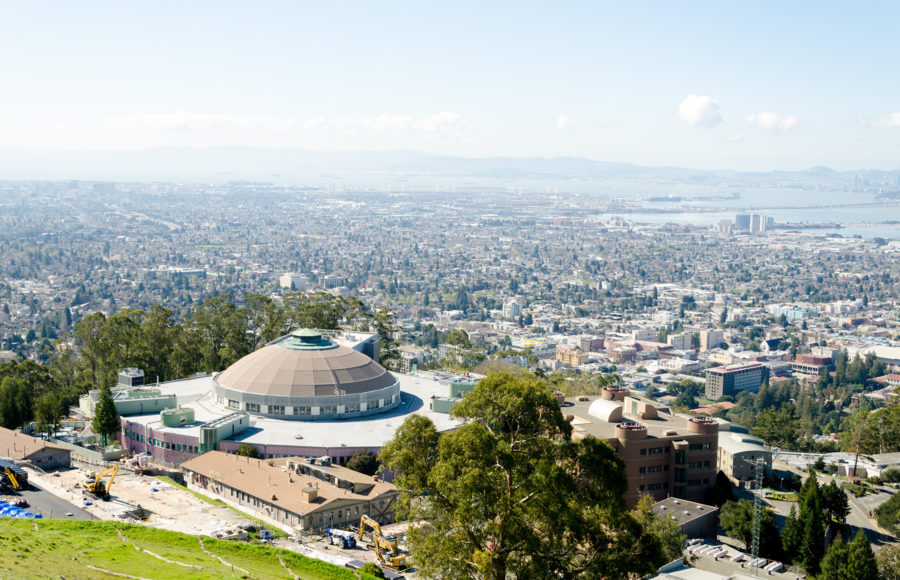UC Berkeley researchers motivated by society, interests, community | The Daily Cal
In an article for The Daily Californian, CEGA faculty co-director Ted Miguel discusses the research traditions at UC Berkeley and the motivations behind them.
“Part of every researcher’s job is deciding what problems to work on.
The process of determining this is highly variable from researcher to researcher and can encompass a range of factors, including personal interests, societal need and funding. UC Berkeley faculty members have a lot of freedom in deciding what to research, but there are mechanisms in place to promote quality science, including the processes of seeking funding and peer review.
UC Berkeley is a research institution, meaning alongside education, campus also puts a strong emphasis on its research sector. In fact, all campus professors are expected to conduct research or some ‘other creative activity,’ according to Ben Hermalin, vice provost for the faculty.
Types of research
All research can be split into two broad categories: basic research, which is conducted to acquire more knowledge about the fundamentals of a discipline, and applied research, conducted with the intention to produce real-world consequences based on scientific knowledge.
While the knowledge acquired through basic research can lead to functional applications down the line, the primary purpose of this type of research is the acquisition of more knowledge.
As such, the applications of basic research take longer to reach society than those of applied research do, according to economics professor Edward Miguel.
‘I have other lines of research, for instance, on armed conflict, African politics, etc., where sure, there are definitely some applications to that research,’ Miguel said. ‘But a lot of that research is really motivated by, more sort of, scholarly desire to understand the world better, you know, with the hope that by understanding the world better, we can make the world a better place.'”
Source: UC Berkeley researchers motivated by society, interests, community


